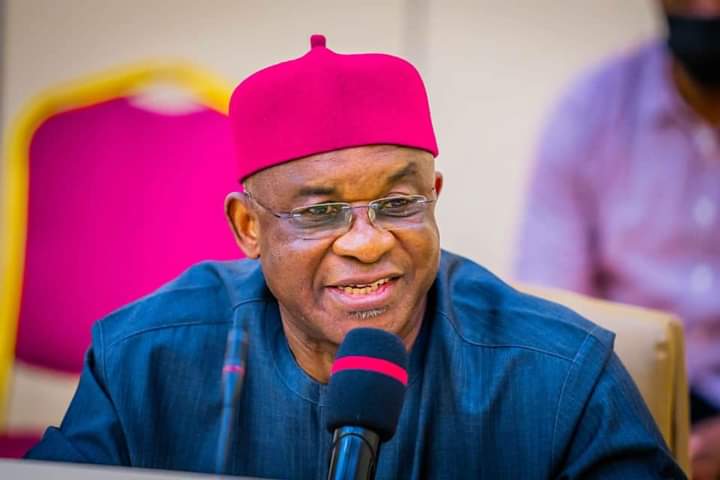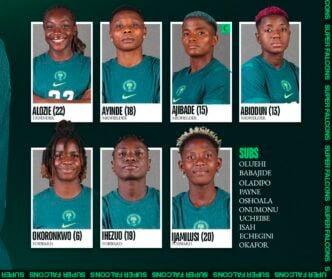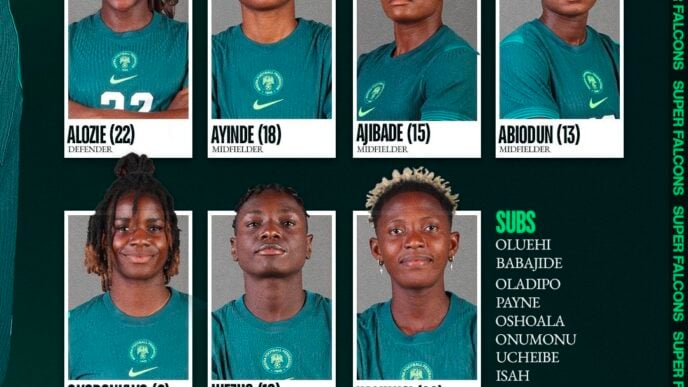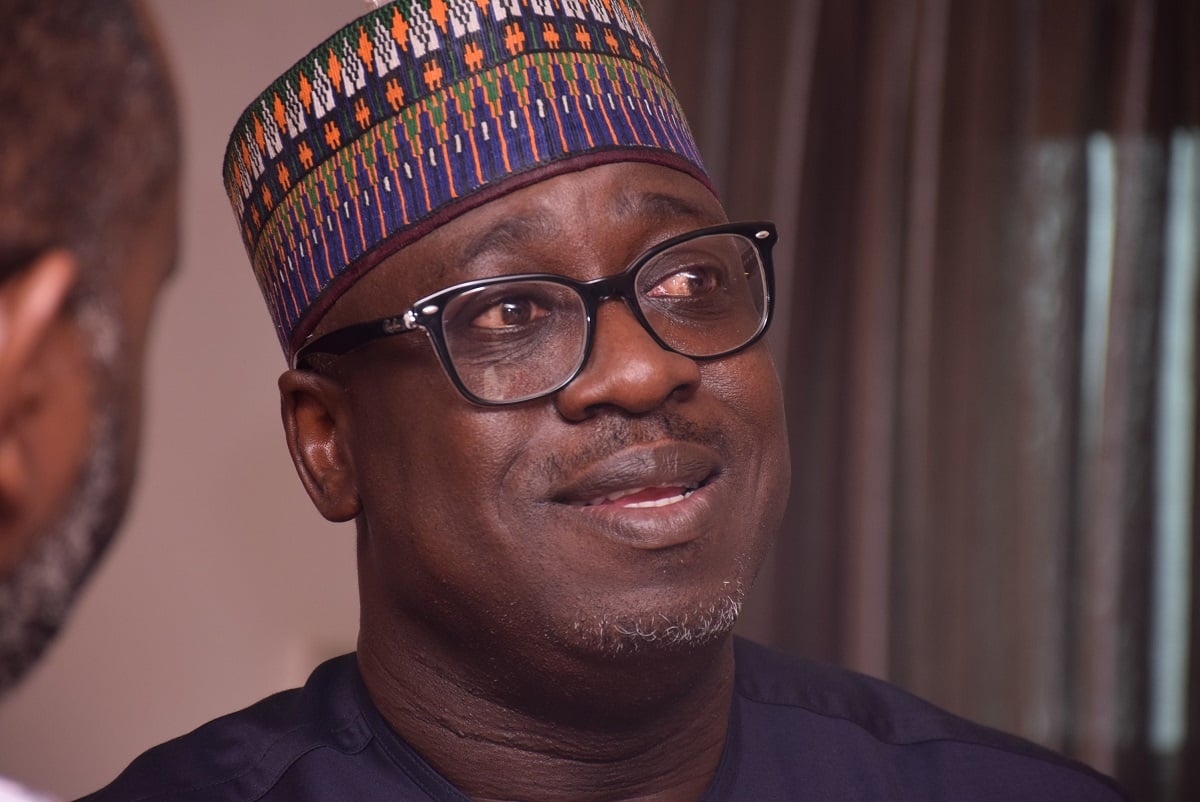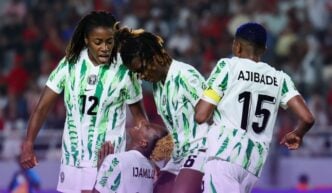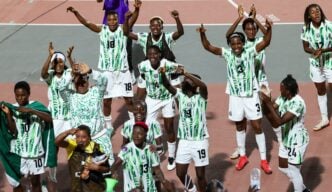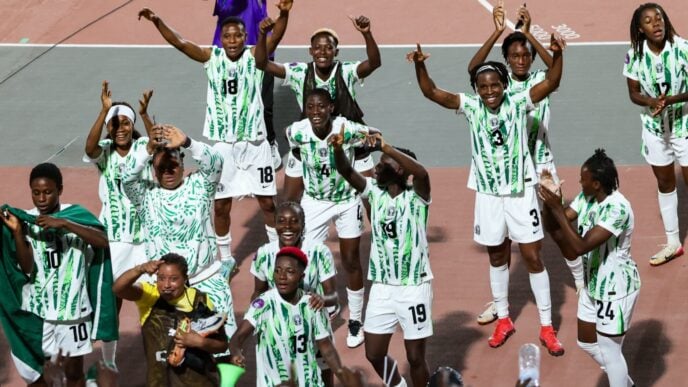David Mark
David Mark, the former senate president, says the north must take full responsibility for the challenges plaguing the region.
Mark spoke on Saturday while delivering a keynote address at the third plenary session of the Northern Political Consultative Group held in Abuja.
He said the region’s numerous challenges — from insecurity to poverty — are rooted in its failure to sustain unity and equity.
“We must first admit that we are the architects of our problems,” Mark said.
Advertisement
“We must stop the blame game if we truly and genuinely want to find a lasting solution.”
He described the north as a region blessed with fertile land, rich history, and immense human potential but weighed down by poverty, insecurity, ethnic strife, and stagnation.
Mark said division has cost the region progress, while indifference and inaction have deepened the crisis.
Advertisement
“If we are to overcome our present travails, we must return to the principles of justice, equity, mutual respect, and shared purpose that once made Northern Nigeria a beacon of hope, peace, unity and development,” he said.
Mark warned that insecurity, terrorism, and ethnic tensions have turned many communities into battlegrounds and driven millions from their homes.
“Despite its vast resources, the north remains the poorest region in the country, with alarming rates of illiteracy, unemployment and poor infrastructure,” he said.
Mark noted that the failure of leadership and the exploitation of ethnic and religious differences by the political class had further worsened the region’s plight.
Advertisement
“Instead of uniting for common goals, our elites often prioritise personal and sectional interests over collective progress,” the former senate president said.
He added that the region once flourished under the leadership of Ahmadu Bello, the Sardauna of Sokoto, because it was governed with fairness and a sense of shared identity.
“The Sardauna did not see Hausa, Fulani, Kanuri, Igala, Tiv, Idoma, Nupe, Okun and others. The only citizens he saw were northerners,” Mark said.
“He invested in education, agriculture, and infrastructure, not for one group, but for the collective.
Advertisement
“When did we abandon the philosophy of ‘One North, One People’? When did tribalism and religious bigotry begin to define our essence and identity?”
Mark proposed a framework for rebuilding unity in the region, and called on northern leaders to act as bridge-builders.
Advertisement
“Too often, as politicians, we exploit ethnic and religious differences in order to win elections, and thereafter, we leave our people hopelessly divided,” he said.
Mark identified perceived marginalisation as a key driver of division, urging fairness in appointments, resource allocation and access to opportunities.
Advertisement
He said education must be deployed as a tool to combat ignorance and intolerance.
Mark argued that job creation, agricultural investment and youth empowerment are essential to tackle insecurity and social unrest.
Advertisement
“Our security challenges are self-inflicted. We cannot continue to expect solutions from elsewhere,” he said.
He called for the revival of traditional community-based policing systems, noting that the old northern region was once the safest part of the country.
Mark also urged political and community leaders to always choose dialogue and forgiveness over violence and retaliation.
“Too much blood has been shed in our land. It is time to make peace. The north is bleeding profusely, and we are the only ones who can heal it,” he said.
”Let us reject hate speech and divisive politics, invest in unifying projects, and restore our bond of brotherhood.”
